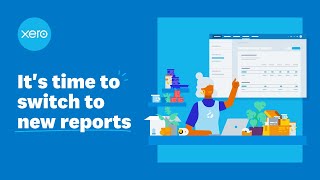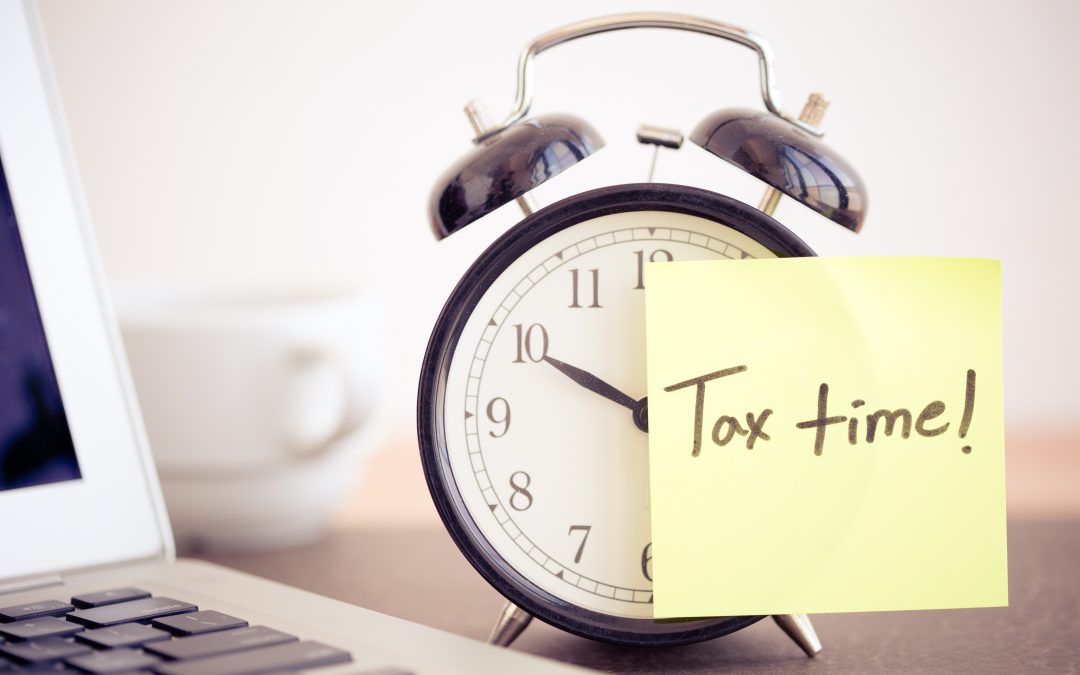How do high income earners reduce tax in Australia?
You have worked hard all your life and you’re now earning the multi-six-figure salary you deserve. The problem is, the Government now wants its share of that money. Plus, this share gets larger as you earn a higher income.
For example, according to the ATO, an employee who earns $45,001 to $120,000 pays $5,092 in tax, plus 32.5c for each $1 they earn over $45,000.
Someone who earns $120,000 – $180,000 pays $29,467 in tax plus 37c for each $1 they earn over $120,000.
For anyone earning $180,000 and over, their tax bill is $51,667 plus 45c of every dollar they earn over the $180,000 mark.
(Note that the above figures don’t include the Medicare Levy and that these figures have recently changed.)
It can really start to feel like a lot. And while no accountant would ever advise you to lie about the amount of money you earn or to try to avoid paying taxes completely, there are ways to legally minimise your taxable income.
How do high income earners reduce tax in Australia?
Here are some tips to reduce the tax you pay in Australia as a high income earner:
Top up your superannuation
This is an easy win because it’s your money and you are actually being given an incentive to invest it for the future.
If you are an employee, you can ask your employer to contribute money to your superannuation on top of the compulsory amount. This money will be removed from your taxable income.
According to moneysmart.gov.au, the combined total of your employer and salary sacrificed contributions must not be more than $25,000 per financial year. After that, the money you put aside will be subject to tax.
Purchase an investment property
Right now in Australia, the Government allows you to ‘negatively gear’ the costs involved with paying off an investment property as a way to reduce the tax you pay.
Let’s say you have a tenanted investment property and you earn $31,200 in rent over 12 months.
However, the cost of owning the property (including the mortgage, the cost of property management, the upkeep and other expenses) is $43,000 per year. This means you are making a financial loss.
Your tax accountant can help you declare this loss so your overall income is reduced and your tax bill is lowered.
Lease a vehicle through work
If you drive to work, you may be able to investigate ‘leasing’ a vehicle and salary sacrificing the expense.
When you have a novated lease, you pay a set amount to use a vehicle and keep it roadworthy. This vehicle will have to be of a certain value— it can’t be a Toyota with 90s plates!
Like with your superannuation, you can pay for the use of the car through salary sacrificing. As a result, the amount of money you officially earn will be reduced.
Build your skills
Taking on further study that is related to your field is tax-deductible so if you’re deliberating over finally completing your MBA, the cost will help to reduce your tax bill.
Before you go ahead and pay for this, ask your employer if they are interesting in contributing to the cost. It may work out more cost-effective than paying for a course yourself and claiming tax deductions.
Hit the road
Travel for work purposes is also tax-deductible. For example, if there is a relevant industry conference interstate and you would like to go, you can claim some of your travel expenses. Take the family and stay a few days and you have a cost-effective holiday.
Note that you can’t head to a conference for one day then claim the cost of a week in a luxury resort for your entire family. If you have a good tax accountant they will let you know which expenses can be written off as necessary for work.
If you’re regularly on the road for work, some of your vehicle operating costs may also be tax-deductible. Keep a journal when you use your car for work if your employer doesn’t cover the expenses.
How do high income earners reduce tax in Australia: Make work-related purchases
Some things crossover between work and life. For example, if you were an entertainment reporter you may be able to claim the cost of tickets to events.
Buying a new desk to use at home could also be a work-related expense, particularly during COVID. Then there are expenses like home internet and your mobile phone, which you may be able to claim as a work-related expense.
Making some strategic purchases could help reduce your taxable income, although don’t go spending just for the sake of it and check with your accountant before you commit a large amount of money with the idea that you can write it off.
Protect yourself
Income protection is tax deductible. According to the ATO:
You can claim the cost of premiums you pay for insurance against the loss of your income. You must include any payment you receive under such a policy on your tax return.
If the policy provides benefits of an income and capital nature, only that part of the premium that relates to the income benefit is deductible.
You can’t claim a deduction for a premium or any part of a premium:
- for a policy that compensates you for such things as physical injury
- if the policy taken out is through your superannuation and insurance premiums are deducted from your super contributions.
If you’re confused, speak with your accountant.
Hopefully, this answers the question of how high income earners can reduce tax in Australia. There are a couple of other options as well, including carefully structuring any income-earning assets and making sure you have private health insurance so you don’t have to pay the Medicare Levy Surcharge.
The other way high income earners reduce tax in Australia is by having a savvy and switched on accountant who specialises in this area. At Imagine Accounting, we work with a number of high income earners to help them legally minimise their tax bill and make the most of their income.
If you would like a second opinion or Free review as to how we can reduce the tax you pay in Australia as a high income earner please book a call here or contact us on 02 9884 7100




